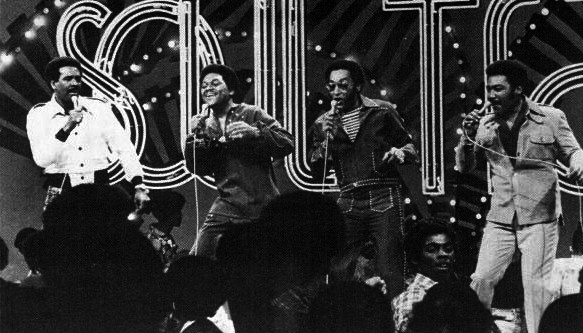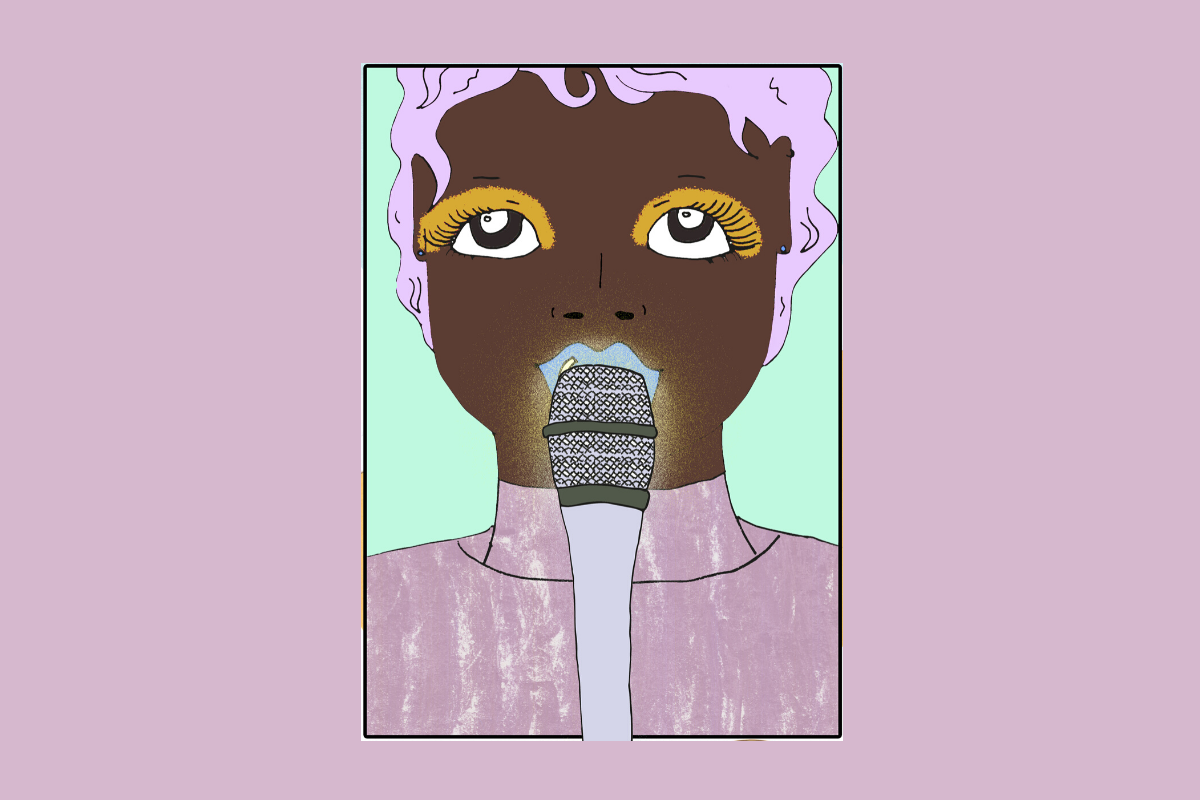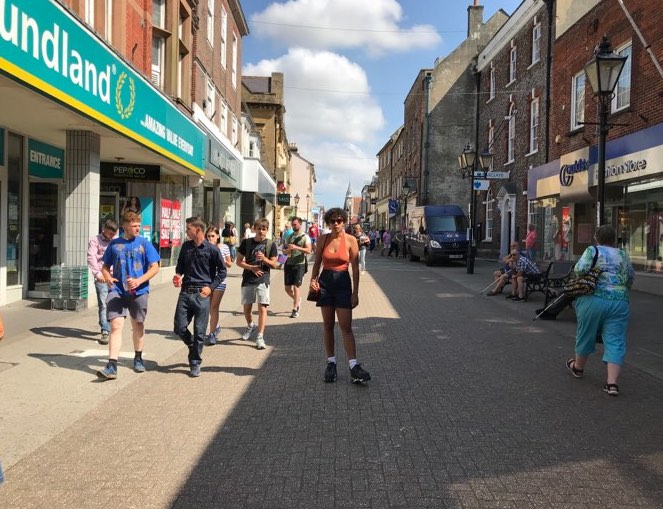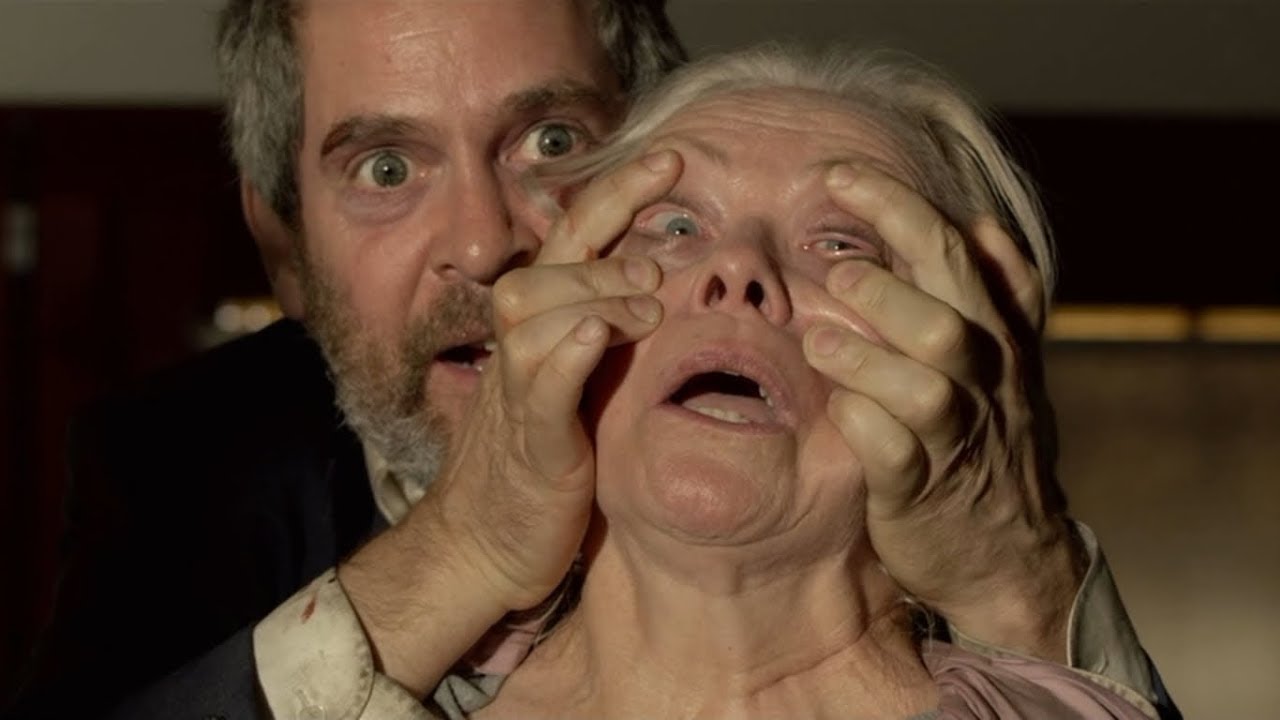
Has Peckham’s nightlife been taken over by the white middle classes?
Emmanuella Kwenortey
27 Mar 2016
There’s a club night in Peckham, south London, called Soul Train. It happens every first and third Saturday of the month. It’s always sold-out in advance, the music is always good (four floors of Aretha, woop) and the crowd is always friendly and vibzing. But the problem with this superstar club night? The crowd is almost always, for sure, ultra-white.
I’m aware how racist that sounds (NB: it’s not the same as saying “the crowd is ultra-black” because you know, context and history) and I apologise, white people are cool. But when you’re watching a video projection of African-Americans dancing to soul in 1960s America – when you’re watching people dance away the pain and brokenness caused by systematic physical and verbal abuse, normalised by xenophobic rhetoric and sheer frequency – and you compare that crowd to the white, middle-class Northface-jacket-wearing crowd you’re currently in, you feel a bit, you know, awkward.
I was acutely aware of this awkwardness after a few Soul Train nights but kept quiet because it’s 2016 and racism has been unfashionable for a while now (although, like any trend, it seems to be back in vogue). However the topic kept coming up. When we attended the event my white middle-class (WMC) friend, Tom, would facepalm at how ubiquitous his face was in the Soul Train crowd, while I would naturally gravitate towards the more – shall we say – rhythmically gifted dancers in the room (i.e the black people).
The climax of this entire episode was when a friend suggested buying tickets for Soul Train and my other friend Josh – who is mixed-race and who grew up in a leafy, middle-class part of the capital – did this idiosyncratic grimace, and said, having never been to the night before, “I’m not sure about this crowd.”
Now, if you told me I’m thinking too hard about this, that I shouldn’t care about the crowd and that as long as I’m having a good time and supporting local businesses and people then that’s all that matters I’d say this: it’s not really about the sweaty dancing for four hours. Soul Train embodies two socio-cultural issues the black British community have been battling for a while, gentrification and appropriation.
I grew up going to church, doing my hair and food shopping in Peckham, back when you would never admit links to Peckham (yeah, remember those days?) in any way, shape or form. And while it’s nice to see nice things in Peckham – artisan cafes, fixie bikes, and pretty graffiti – these nice things aren’t for the incumbent community. Don’t get me wrong, I’m also to blame for Peckham’s gentrification – I have been to the Bussey Building – but the Peckham I know, is street evangelising Peckham. It’s £5 DVD Peckham. It’s plantain crisps Peckham. So I find it weird to see WMC people – day or night – in Peckham. I just do.
Music is one of the most contentious arenas on appropriation. Your Iggys, your Taylors, your Nickys. Everyone has an opinion on them, and people are even hating on my homegirl Adele for apparently stealing the black community’s sound – but I think it’s for everyone, so I must admit I’m in the wrong here. Nonetheless watching WMC people have these quasi-epileptic fits to the delicate sounds of Luther Vandross does sting my eyes a bit. Just a little bit.
The above are all issues that have been spoken about and discussed in great length before. But the thing with Soul Train at Bussey is that the entire night encapsulates these issues in ways I didn’t realise until I started questioning my bias towards it; my own aversion to being a room full of these people. I couldn’t help but feel like I was betraying something, or someone, by being in that particular room.
You’ll find me at Dance Tunnel, Corsica Studios or XOYO instead. Yes, WMC people run the streets there too, but I don’t feel like a stranger in “my” own space there. I want to stress that I’m not calling for WMC people not to enjoy or celebrate other types of music. I’m the one with the problem, not them. But you know that feeling when visitors come to your house and you retreat to your bedroom and then start to feel resentful towards the visitors because they’ve made you feel awkward in your own home? That’s how I’m starting to feel. So you won’t find me on the night at Soul Train. Not until I can deal with it.








